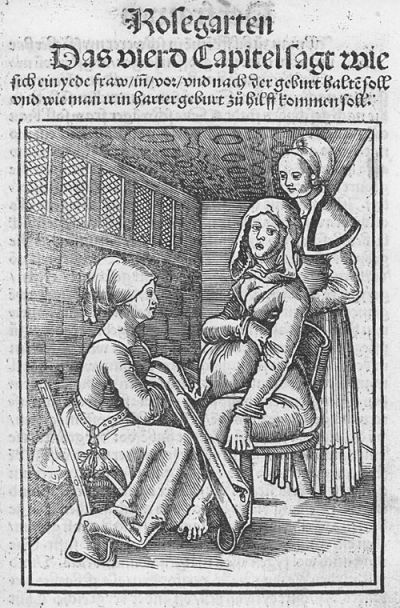 Sometimes one has to say something so obviously good and true that saying it sounds foolish or even condescending. Yet even the best of us ignore the truth, so at times it needs to be said . . . especially when most of us are not the best of us!
Sometimes one has to say something so obviously good and true that saying it sounds foolish or even condescending. Yet even the best of us ignore the truth, so at times it needs to be said . . . especially when most of us are not the best of us!
Reading a great author, somebody like Plato, forces me to see these big, glaring, obvious but sometimes ignored truths. It’s embarrassing to see them, but worse to ignore them when they are seen!
Here is one:
If a man, it is vital to think as a woman and the best way to do this (as a man) is to listen to women. The ideal school will have leaders and teachers with both a male and a female voice. Why?
Diversity of perspectives is not the only good, but it is very good. Any person needs to see things differently to grow and men and women are very different.*
In Theaetetus, Socrates is having a discussion with a bright young man and compares the work of a good teacher and lover of wisdom to that work of a midwife. He (Socrates!) is helping his (male) student give birth!
Socrates says near the end:
Well now, dear lad, are we still pregnant, still in labor with any thoughts about knowledge? Or have we been delivered of them all?
Socrates proclaims that his mother and he are midwives: she of women, he of men.
Any commentator can point out two truths. First, Socrates is favorably using a woman centered analogy to describe the work of the mind despite the views of many in this city toward women. This is worth saying, but amounts to little more than “hoopla for Socrates.” Second, Plato is often accused of “despising the body,” but this is a very body centered image. This is one more example, out of jillions (start with Timaeus) that Plato does not dislike the physical.
There is a tougher truth, however, if you are me. I will never, ever fully understand this analogy as I could if I were a woman. Now there may be some philosophical analogies, like those comparing philosophy to making shoes, where a woman’s voice would be interesting, but not vital. Midwifery and giving birth are not that kind of example.
Whatever I know after two birthing classes and watching five births, it is not the same as what Hope experienced after two birthing classes and giving birth five times.
This is obvious, but needs to be said: a woman’s voice is privileged in explaining what this image of birth means. Much thinking is merely human, but sometimes, best I can, I must think as a thinking woman if I am to grasp some important truth. Plainly the best way to learn these skills, or how to hear this voice, will be to listen and learn from women.
Nobody should think from this that “thinking as a woman” only entails analogies related to giving birth! The different and valuable voice of Sophia (wisdom!) crosses every idea, every analogy, every discipline.
Plato has simply reminded us through this image of philosophy that a man, alone, cannot be fecund. There is absurdity to Socrates and Theaetetus discussing these things without a woman’s voice and that absurdity, the intellectual sterility of sameness, is part of the point. Humankind should see that both voices are valuable all the time, but too often we do not.
This image makes it plain: the obvious said with an example so plain even the foolish must see. Of course, the moment this is said one realizes that “different” is only relative to me, because I am a male. It is not “different” as in exotic, since more than half the world’s thinkers are female!
The woman giving birth is the student . . . the midwife is the teacher . . . and no man is needed. Socrates can be a midwife becomes he, a man, has learned to think as a woman! There are different analogies requiring different voices . . . and God has given us a wonderfully diverse cosmos with tribes, nations, women, men, to teach!
All of these ideas make me wish to listen and learn. There are deeper implications, harder truths, but at least my teachers can help me give birth . . . as I learn to think more humanly by learning a different voice.
—————————————-
*Leave aside for a moment whether these differences are the result of biological or social factors, or both in some combination. From the time I read Carol Gilligan, I have been persuaded there is a “different voice” than my own.
Plato is the greatest philosopher outside of Christendom. Reject him or accept him, nobody ignores him. This summer I will be looking at the first lines of all of his dialogues. Because he carefully crafted his dialogues, the first line often contains clues to the meaning of what will come next. I have written about how to read Plato in When Athens Met Jerusalem and The Great Books Reader. I tried my hand at Platonic myth making in Chasing Shadows.
Apology begins with the persuasiveness of crowds and the need for the elite to listen. Euthyphro tells us to avoid being a jerk for justice. We must be strong to finish what we start or we become Crito and face death with our eyes wide open as Phaedo shows Socrates did. Cratylus demonstrates that words are . . .interesting. The Theaetetus teaches us how to know.










